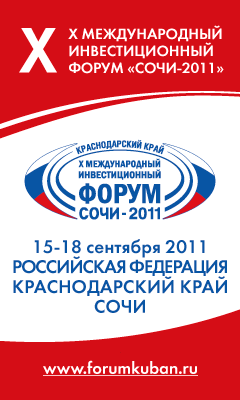The European Investment Bank (EIB) will be giving around half of the crisis loans money to Eastern European small- and medium-sized companies. The EIB has stepped up during the financial crisis to “provide financial stability” throughout Europe. This was also part of a directive that came from EU economy ministers a few years ago to the EIB that loans should be increased to €30 billion by this time. Much of it was distributed to the more established Western European states but the last two years have seen this move to Eastern European countries too. European banks – especially those in Turkey and Poland – were mostly helped as a preventive measure of them “pulling out of the region during the economic crisis.” Once the financial crisis globalized out of control, the money set for 2011 ran out as banks tried to get cheaper financing; accessing money grew tougher. Thus the attempt was made with these loans to prevent the banks from shutting down.
The EIB's figures are aim to thwart criticism that the commercial banks that have been distributing the EIB's crisis funds have been holding onto the money so they can shore up their own balance sheets rather than lending it to SMEs. The banks have to prove they have SME’s to lend the money to first. But in general it seems this system has been working well as “the number and value of EIB loans is on an upward trend.” Last year’s EMI loaning figures averaged at €157,000 for 63,000 SMEs. As well, there is now a micro-lending program with loans up to €10,000.


